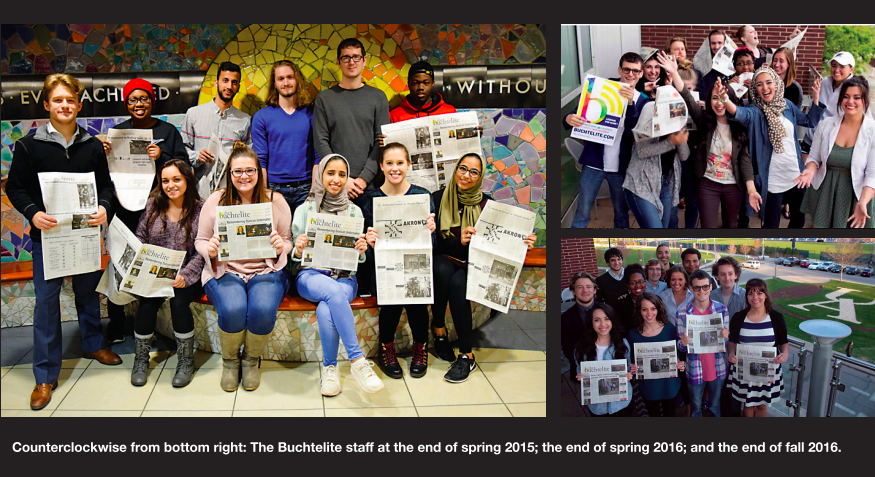“Each semester, students take the time to fill out teacher evaluation sheets. But what happens to them once they’re turned in? According to senior public relations representative Ken Torisky, each department has its own guidelines for the faculty to use student responses to determine reappointment or tenure and merit based pay.”
“
Each semester, students take the time to fill out teacher evaluation sheets. But what happens to them once they’re turned in?
According to senior public relations representative Ken Torisky, each department has its own guidelines for the faculty to use student responses to determine reappointment or tenure and merit based pay.
Just about every department agreed that the evaluations are a piece of information in the decision-making process.
According to Carolyn Anderson, director of the School of Communications, the evaluations are used to help decide merit. They are not used to rank faculty, as there are too many staff members teaching different subjects.
It’s like comparing apples and oranges, Anderson said.
Andrienne Caldron, director of college administration services for the College of Business Administration said it does not rank their professors. Rather, the evaluations are used for yearly reviews and retention.
The evaluations are used to evaluate newer staff members the most. Caldron said that open-ended questions help the faculty improve their teaching.
Marilyn Brodie, senior administrative assistant for the College of Engineering said in an e-mail, the evaluations are required by the Accreditation Board for Engineering & Technology.
The ABET accredits all undergraduate degree programs in the College of Engineering.
We collect and analyze evaluations from all courses, undergraduate and graduate, and type all written comments made by our students, Brodie said. The results of this analysis, along with written comments, are reviewed by the appropriate department chairs, the associate deans and the dean.
Teaching evaluations constitute a significant component of evaluating the faculty teaching performance and are used for promotion and tenure decisions, as well as awards of merit.
Students, however, are unclear of the evealuations’ worth and many don’t take them seriously.
Aaron Futrell, a senior history major, said that the student evaluations don’t change anything; everything is still the same. Futrell only takes the evaluation seriously if he has a legitimate gripe with a professor.
Nicole Wink, junior criminal justice student, said that the evaluations are annoying and does not take the evaluations seriously unless she has a professor she likes.
Senior public relations student Abby Jacob said she feels the evaluations are not looked at. She is not sure of their value.
Our opinion should be expressed to the department, Jacob said.
Jacob said she still takes the evaluations seriously by answering every question and filling in the extra comment sections but commented that she thinks the departments do nothing more than stockpile the evaluations.
“



